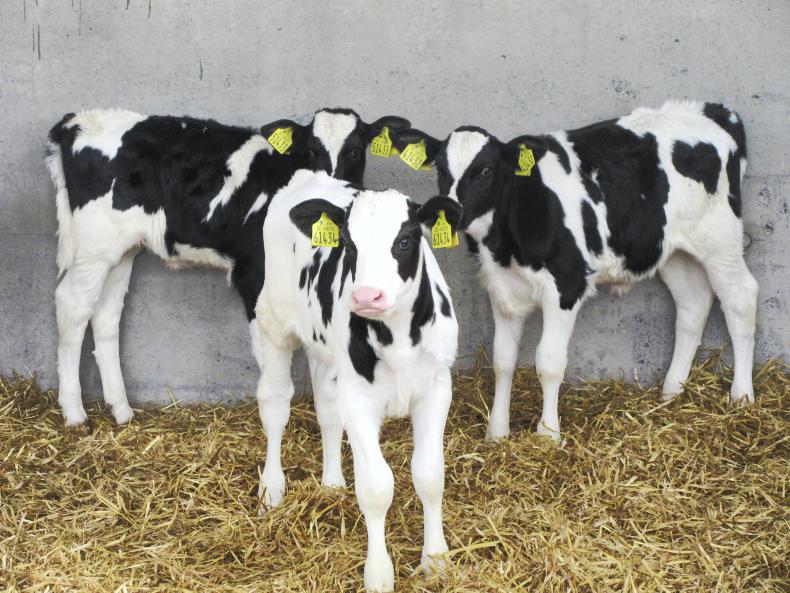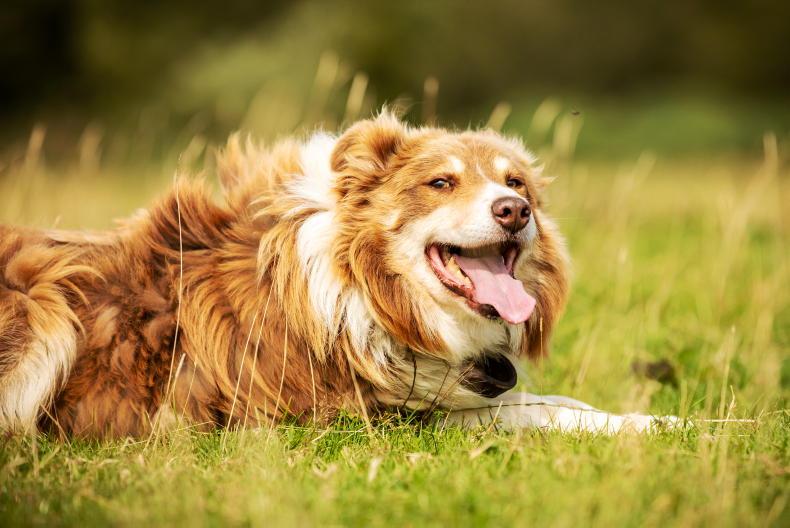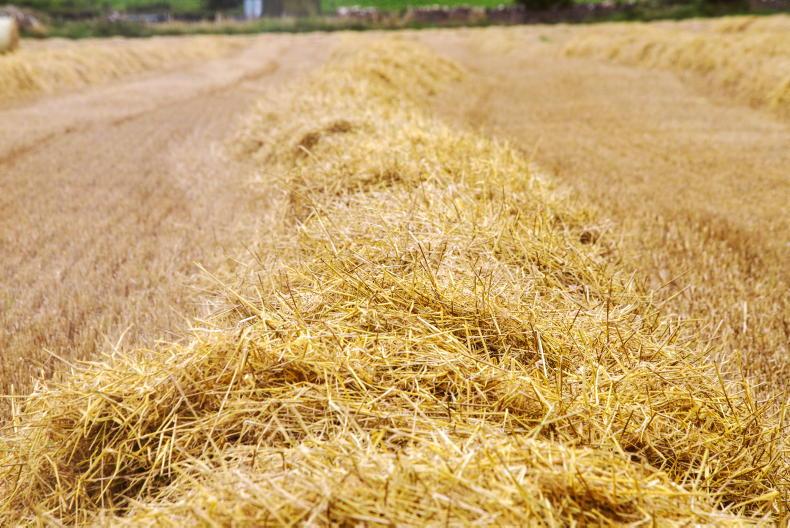New test skews NI water quality status
A new assessment for chemicals in water bodies has meant that no rivers or lakes in NI are deemed to have a good or high overall water quality status.
The test for ubiquitous, persistent, bioaccumulative, toxic (UPBT) substances was not included in the last assessment of water quality in NI, which occurred in 2018. Back then, 31% of rivers and 24% of lakes in NI were classified as good or high overall status.
If the test for UPBT chemicals were excluded from the 2021 data, as was the case in all previous assessments, then water quality in NI appears much better.
For example, 93% of rivers in NI achieve a good chemical status in 2021 when UPBT substances are excluded, which compares to 91% in 2018.
UPBT substances are commonly referred to as “forever chemicals” as they persist in the environment for long periods and there is no method of removing them.
“Although a number of these UPBT substances are now banned or have restricted use, their widespread use in the past has resulted in their accumulation in the aquatic environment,” a DAERA report states.
Tier 2 capital grant scheme re-opens
The second tranche of the Tier 2 capital grant scheme will open for full applications on Monday 10 January 2022, Minister for Agriculture Edwin Poots has confirmed.
A £12m budget is available for the scheme which allows up to 40% grant funding on projects costing over £30,000, up to a maximum grant of £250,000.
Earlier this year, DAERA received around 900 expression of interest applications for the second tranche of Tier 2. Only farmers who sent in expression of interest forms will be eligible to submit full applications when the scheme officially opens.
The closing date for applications is 1 April 2022 and DAERA has said all projects that involve construction or extension of buildings will require planning permission or a certificate of lawfulness before applications are submitted.
Department guidance also states that successful Tier 2 applicants will have a maximum of one year to complete their project.
New BVD rules to effect exports to ROI
New rules on the bovine viral diarrhoea (BVD) status of cattle will change the requirements that are needed for exporting animals from NI to the Republic of Ireland (ROI).
The BVD eradication programme in ROI is likely to be officially recognised by the EU next year. According to DAERA guidance, this will mean additional BVD requirements will be needed when moving cattle to ROI which “may include serological testing and a 21-day period in approved quarantine”.
In 2023, authorities in ROI are expected to apply for BVD free status and, when this is received, cattle from NI that are vaccinated for BVD will no longer be able to move into ROI.
“Anyone who may want to export cattle to the ROI for breeding and production needs to be mindful that BVD vaccination is likely to prevent trade in the future,” DAERA guidance states.
Poots wants tax breaks for longer leases
Agriculture Minister Edwin Poot wants income tax breaks for landowners who let their land out in leases for five years or more.
In a statement last week, Minister Poots said that the British Treasury should consider rolling out the tax breaks to incentivise landowners to move away from short-term conacre agreements.
“These short-term arrangements result in farmers who rent land generally being reluctant to invest in soil fertility or environmental performance because they have no security of tenure,” he said.
The Lagan Valley MLA said he made his opinion on land tenure known during a recent meeting with the UK government’s Environment Minister George Eustice.
“[It] would encourage long-term leasing agreements that will give farmers the certainty they require to make investments in rented land,” Minister Poots said.
New test skews NI water quality status
A new assessment for chemicals in water bodies has meant that no rivers or lakes in NI are deemed to have a good or high overall water quality status.
The test for ubiquitous, persistent, bioaccumulative, toxic (UPBT) substances was not included in the last assessment of water quality in NI, which occurred in 2018. Back then, 31% of rivers and 24% of lakes in NI were classified as good or high overall status.
If the test for UPBT chemicals were excluded from the 2021 data, as was the case in all previous assessments, then water quality in NI appears much better.
For example, 93% of rivers in NI achieve a good chemical status in 2021 when UPBT substances are excluded, which compares to 91% in 2018.
UPBT substances are commonly referred to as “forever chemicals” as they persist in the environment for long periods and there is no method of removing them.
“Although a number of these UPBT substances are now banned or have restricted use, their widespread use in the past has resulted in their accumulation in the aquatic environment,” a DAERA report states.
Tier 2 capital grant scheme re-opens
The second tranche of the Tier 2 capital grant scheme will open for full applications on Monday 10 January 2022, Minister for Agriculture Edwin Poots has confirmed.
A £12m budget is available for the scheme which allows up to 40% grant funding on projects costing over £30,000, up to a maximum grant of £250,000.
Earlier this year, DAERA received around 900 expression of interest applications for the second tranche of Tier 2. Only farmers who sent in expression of interest forms will be eligible to submit full applications when the scheme officially opens.
The closing date for applications is 1 April 2022 and DAERA has said all projects that involve construction or extension of buildings will require planning permission or a certificate of lawfulness before applications are submitted.
Department guidance also states that successful Tier 2 applicants will have a maximum of one year to complete their project.
New BVD rules to effect exports to ROI
New rules on the bovine viral diarrhoea (BVD) status of cattle will change the requirements that are needed for exporting animals from NI to the Republic of Ireland (ROI).
The BVD eradication programme in ROI is likely to be officially recognised by the EU next year. According to DAERA guidance, this will mean additional BVD requirements will be needed when moving cattle to ROI which “may include serological testing and a 21-day period in approved quarantine”.
In 2023, authorities in ROI are expected to apply for BVD free status and, when this is received, cattle from NI that are vaccinated for BVD will no longer be able to move into ROI.
“Anyone who may want to export cattle to the ROI for breeding and production needs to be mindful that BVD vaccination is likely to prevent trade in the future,” DAERA guidance states.
Poots wants tax breaks for longer leases
Agriculture Minister Edwin Poot wants income tax breaks for landowners who let their land out in leases for five years or more.
In a statement last week, Minister Poots said that the British Treasury should consider rolling out the tax breaks to incentivise landowners to move away from short-term conacre agreements.
“These short-term arrangements result in farmers who rent land generally being reluctant to invest in soil fertility or environmental performance because they have no security of tenure,” he said.
The Lagan Valley MLA said he made his opinion on land tenure known during a recent meeting with the UK government’s Environment Minister George Eustice.
“[It] would encourage long-term leasing agreements that will give farmers the certainty they require to make investments in rented land,” Minister Poots said.










SHARING OPTIONS